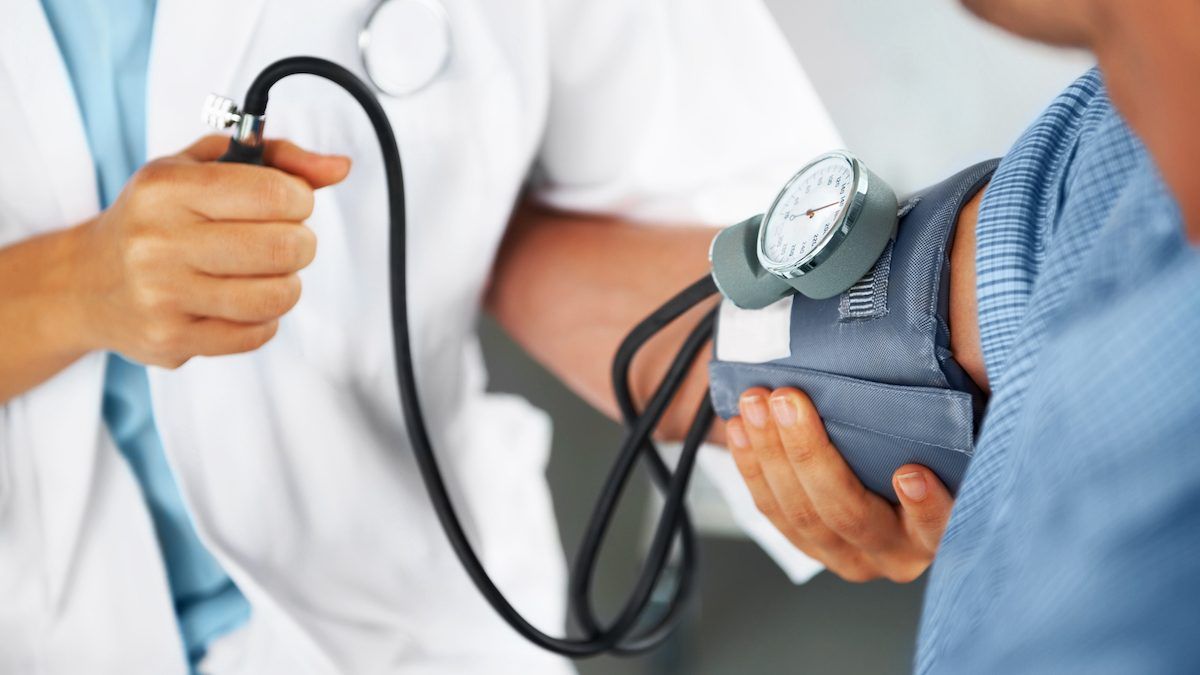according to the heart & stroke foundation, a stroke occurs when something blocks the flow of blood to the brain, damaging cells in the area. canadians suffer 108,707 strokes on an annual basis, or one every five minutes. with the potential for a wide range of symptoms to emerge depending on the area and extent of damage suffered, many canadians may not be receiving the care they need.
a stroke can affect anyone of any age at any time and have a wide-ranging effect on the human body, schwamm said, disrupting numerous functions, including sleep patterns, eating and continence. anyone who experiences depression in the aftermath of a stroke should consult with a trained professional who can offer an objective evaluation and prescribe treatment.
depression is a serious health condition that needs to be addressed as soon as possible. treatment, usually through a combination of medication, counselling and stress-reduction, not only improves mood, it can enhance the body’s physical, cognitive and intellectual recovery. studies have shown that patients who have lower levels of social support may be more likely to struggle with depression.
self-care is a critical consideration in the aftermath of a stroke, as is reaching out to friends and family for emotional support to overcome the medical emergency — and the stigma that can be associated with asking for help. stroke survivors who are unable to overcome this stigma are often left to struggle in silence.
 3 minute read
3 minute read



















